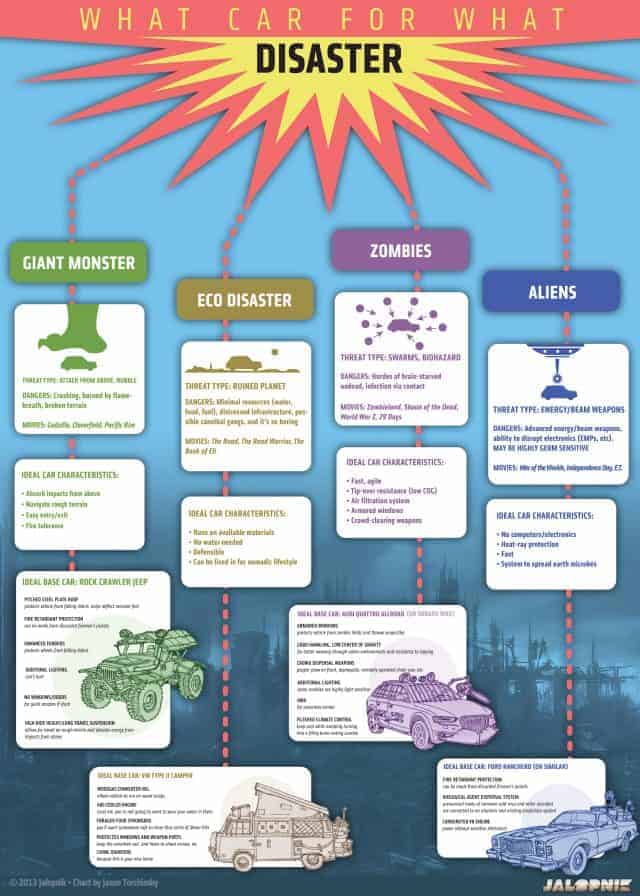Checking Out The Ecological Advantages Of Warm Pumps - A Lasting Heating Option
Checking Out The Ecological Advantages Of Warm Pumps - A Lasting Heating Option
Blog Article
Content Author-Barry Hewitt
In an age where sustainability and power efficiency are critical, lots of organizations seek green heating remedies. One such solution is the heatpump.
A heat pump removes the heat in its surroundings and pumps it right into your home, resulting in among the most efficient green main furnace around. This process likewise produces absolutely no greenhouse gas emissions, making it a very sustainable technology.
Energy Efficiency
Heat pumps are really energy efficient and call for little maintenance. They make use of much less electricity than other heating unit and are by far the most environmentally friendly. They function well with roof solar and can commonly spend for themselves in utility financial savings alone.
They can also provide air conditioning, which is wonderful for garage workshops, attic room hangouts and reward areas, and home enhancements without expanding the existing ductwork. They can even be used for retrofits in existing homes with hydronic (water-based) distribution systems such as low temperature radiators or radiant floors.
Try to find models with SEER and HSPF ratings that meet or surpass copyright's minimum standards, in addition to the requirements in your region. Greater scores mean higher efficiency, which saves you money in the future and reduces your carbon impact. You may even get approved for refunds and rewards! The very best systems are those with a ground warm exchanger for added efficiency. These units can soak up thermal power from the ground during the winter months and essence it in the summer.
Minimized Greenhouse Gas Emissions
Heatpump run on power and basically move heat from the air, even when it's chilly exterior. They are able to draw out the complimentary heat entraped in air particles and move them indoors, reducing moisture while doing so.
Contrasted to gas heaters, contemporary heatpump utilize less than one kilowatt of power per kilowatt of home heating power they produce. This makes them the most energy reliable heating alternative available with a POLICE (Coefficient of Performance) of 4 or even more. By slashing the demand for fossil fuels, heat pumps help reduce greenhouse gas discharges and reduce other significant air contaminants.
Building decarbonization is a worldwide crucial, and the cooling and heating market is a key motorist of that process. Whether it's real estate investors making internet zero commitments, policy makers establishing emissions restrictions, or occupants requiring greener spaces, electrical heatpump are being recognized as a vital option. They are a cost-effective means to lower carbon discharges by getting rid of the requirement for fossil fuels in buildings.
Flexibility
Heat pumps can be made use of in many types of homes and structures-- with or without air ducts. They deal with hot-water radiators, air-conditioning and programmable thermostats. They can replace furnaces or be installed in brand-new residences. They can run on photovoltaic panels, geothermal systems or perhaps area home heating sources like wastewater.
They're terrific at providing more warm per energy unit. As an example, an air-source heat pump produces as much as 3 or even more heating systems from each electrical energy device it takes in.
Getting one of the most from your heat pump will certainly depend upon your climate area and top quality of insulation. Look for models with power celebrity rankings and compare their SEER or HSPF specifications. In warmer environments, focus on SEER; in chillier regions, take into consideration a system with a greater HSPF ranking. On top of that, purchase air sealing and insulation to decrease the load on your heatpump. That will enhance power effectiveness and help you reach your Web Absolutely no goals quicker.
Biomass Boilers
Biomass boilers utilize wood pellets, chips or logs to create heat and hot water. https://www.choice.com.au/home-and-living/cooling/air-conditioners/articles/how-to-clean-your-air-conditioner are an excellent option for off-grid homes or those that intend to leave the gas grid.
As source web page , biomass can offer adequate power to maintain your home cozy all the time without the normal warm drop off of various other eco-friendly innovations. They can also be used combined with photovoltaic panels to maximise financial savings and take advantage of RHI repayments.
A downside of these systems is the upfront expense and regular fuel distributions. Typically, pellets will need to be blown right into a gas shop utilizing a vacuum cleaner system or they can be by hand fed into the central heating boiler through a hopper. Logs are commonly self-sourced from neighboring woodland or purchased wholesale. As well as this, they require hand-operated loading and might require cleansing on a regular basis.